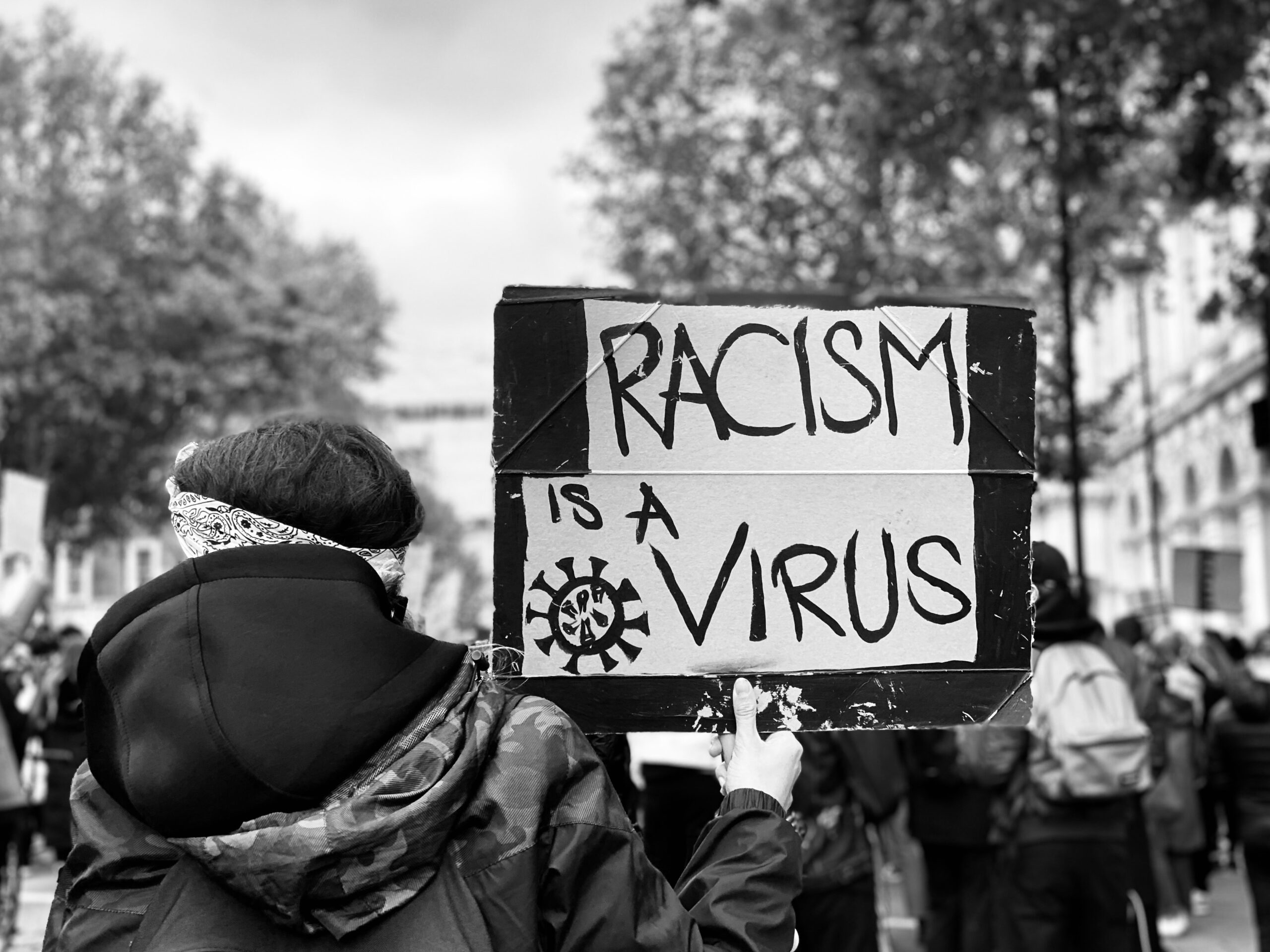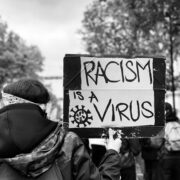
OVER the course of the coronavirus pandemic that unleashed a wave of anti-Asian hate across the United States, Republican politicians and candidates were more likely to use “racist or stigmatizing” language about the Asian American and Pacific Islander (AAPI) community, according to a new study released this week.
The nonpartisan organization Asian Pacific Policy and Planning Council (A3PCON), through its Stop AAPI Hate initiative, unveiled a study that examined the language that elected officials use over social media, particularly Twitter. Specifically, A3PCON combed through 1,227 tweets over the period of Jan. 1 to Aug. 31, 2020 and scanned for derogatory language targeting the AAPI community.
The study was a collaborative effort of researchers from the University of Michigan, Washington University of Maryland and San Francisco State University to gauge the attitudes that current election candidates have about the Asian community in the age of the coronavirus.
Researchers found that 1 in 10 tweets — which were shared and disseminated 1,310,828 times — featured coarse, anti-Asian language and were all written by Republican politicians. Moreover, the A3PCON researchers found that almost half of these “stigmatizing” tweets did not reference COVID-19, “suggesting that politicians are employing anti-Asian rhetoric not only in response to the pandemic.”
According to A3PCON Executive Director Manjusha P. Kulkarni, the re-emergence of “yellow peril,” coupled with the Trump administration’s already stringent immigration policies and stances on race and inclusion, is alarming for the AAPI community.
“We also know that his administration has sought to enact exclusionary immigration policies that are often aimed directly at Asian American communities,” Kulkarni said at a press conference on Wednesday, Oct. 21, adding that “this is part of a concerted effort to connect racist rhetoric with exclusionary policies that leave Asian Americans in harm’s way.”
The eight-month study focused on Democratic and Republican general election candidates who are running for the offices of U.S. senator, vice president and president. Researchers looked at tweets containing terms like “China,” “Chinese,” “Asian American,” “AAPI,” “virus” and “flu,” but also scanned for the uses of more specific, incendiary misnomers like “kung flu” and whether or not the words used connote debunked conspiracy theories.
All of the 136 tweets that used “stigmatizing rhetoric” were promulgated by Republican politicians, most notably Trump (24 tweets) and Republican Reps. Tom Cotton of Arkansas (61 tweets) and Bill Hagerty of Tennessee (41 tweets).
According to researchers, these tweets blamed China for the pandemic or were critical of China in general.
“There is a very clear partisan divide in how candidates talk about China and Asian Americans,” said Melissa Borja, a Filipina American assistant professor in the Department of American Culture at the University of Michigan.
On the other side of the political spectrum, Democrats were found to not only omit from using this “stigmatizing language” but also accounted for “almost all the tweets that showed support for Asian Americans, especially in relation to COVID-related racism,” said Borja, who was also one of the key researchers in this study.
“During the eight-month period, we studied [Trump’s] tweets were liked over 4 million times and retweeted over 1 million times. In other words, among the Republican politicians we included in our study, he was the main source for spreading the rhetoric that stigmatizes Asian and Asian American people,” she said.
As extensively covered in the Asian Journal this year, almost all the known incidents of anti-Asian harassment, bullying and violence has been related to COVID-19, which originated in Wuhan, China.
Although there’s no denying the fact the virus itself made its way throughout the world from China, the ways in which that information is used to warp public opinion about China and, by extension, the global Asian community, is especially egregious, AAPI community and Democratic leaders argue.
Moreover, the use of “Chinese virus” or “China virus” continues to set a false inherent association between the virus and the Chinese (and Asian) community. (Though it is historically standard practice to name viruses after their places of origin, public health leaders in the modern-day like the CDC have advised against it to avoid these racially-charged connotations.)
Additionally, Republicans were less likely to support legislation that sought to denounce and combat anti-Asian sentiments that continues to percolate because of the COVID-19 pandemic. Rep. Grace Meng (D-New York) introduced a resolution that formally condemned the use of racist rhetoric and misnomers to describe the virus.
The resolution passed, but 164 Republican representatives notably voted against that resolution, saying that it was mostly “symbolic.”
However, Russell Chang of San Francisco State University — one of the other associates of this study — noted that those same Republicans failed “to support the Asian American community while they themselves introduced symbolic resolutions that blame China.”(In March, Republican Reps. Jim Banks of Indiana and Seth Moulton of Massachusetts introduced a resolution officially condemning China for its handling of the COVID-19 crisis, but Moulton later withdrew from the resolution saying that it “caused division” and calling it a “xenophobic [attempt by Trump] to deflect from his administration’s abysmal response to the virus.”
Previously, A3PCON’s Stop AAPI Hate reported 2,583 anti-Asian-related incidents (which also related to COVID-19 conspiracies and misinformation) from March 19 to Aug. 5.
Despite intense campaigning that caters to the AAPI community by Democrats, the damage has been done, and this generation’s iteration of yellow peril is already underway, and the longer the COVID-19 crisis rages on, the less likely anti-Asian sentiments will dissipate.
Civil rights and legal experts have little hope that a potential new president in Democratic candidate Joe Biden would immediately quell the mounting anti-Asian crisis that continues to spread.
“Even if Joe Biden wins the presidency, these issues will not go away,” John Yang, executive director of Asian Americans Advancing Justice | AAJC, told the Asian Journal in an Oct. 9 briefing hosted by Ethnic Media Services.
“If you think about the history of Asian Americans…this is something that we’ve always faced,” Yang said, harkening back to yellow peril and policies like the 1882 Chinese Exclusion Act, incarceration of Japanese Americans in World War II and the ostracization of Arab and South Asian Americans after 9/11. (Klarize Medenilla/AJPress)






